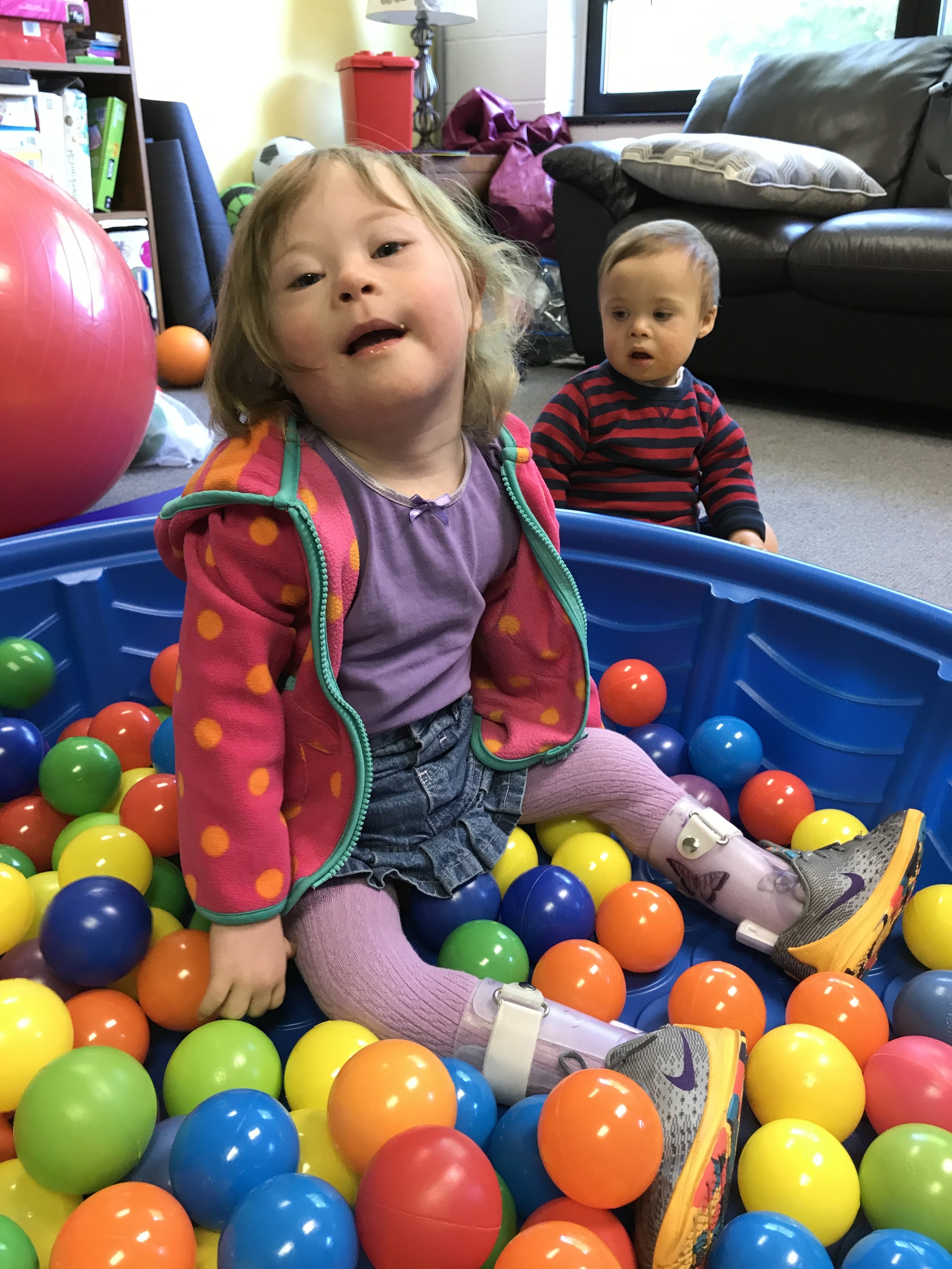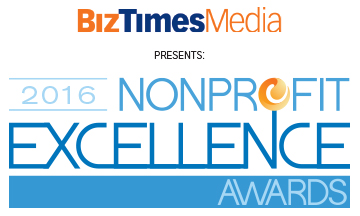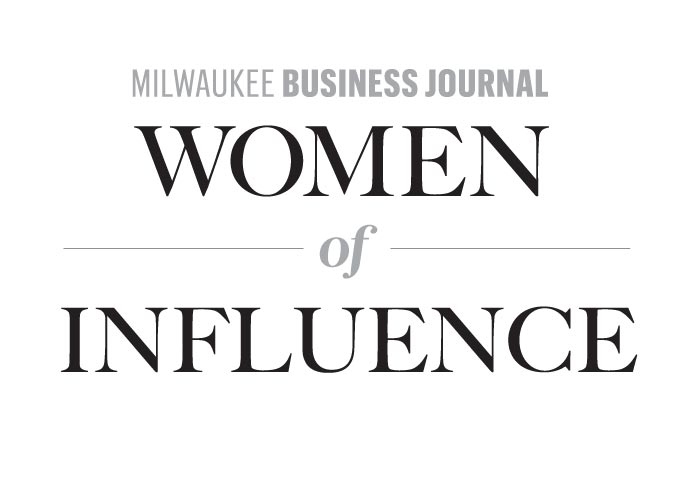Your child with Down syndrome will experience 18 to 21 years of school. Ideally, school should help your child not only meet key developmental and social goals, but should also prepare them for life after school is over. In order to make sure your child's goals are met, it's important to properly utilize their IEP.
The Individualized Education Program (IEP) is a legal document that creates an educational plan. It spells out your child's learning needs, the services the school will provide and how progress will be measured. At first, it can be intimidating and confusing, but it doesn't have to be!
Take a look at this IEP guide to help you create goals, work with your team, and more. This guide was created from a Webinar about IEPs that DSAW hosted in the fall of 2016. If you'd rather watch the webinar recording, click here.
Purpose of Special Education:
1. Prepare your child for a job
2. Prepare your child for college or technical school
3. Prepare your child to live as independently as possible
Remember your specific purpose for school. If you're asking big things of your school, make sure your requests match up with the needs of your child.
What to do prior to your IEP meeting:
1. Ask for a draft of the IEP.
2. Ask if the school intends to change placement.
3. Ask if the school intends to reduce services.
If you're not comfortable with the answers you receive, you can re-convene the meeting.
4. Create a collaborative infrastructure and state your top 5 most important goals.
The Pages Of Your IEP:
I-9
This page is often overlooked, but it is the most important page. Have your school send you the IEP ahead of time so you can read it through beforehand. Don't skip over the I-9 and don't run out of time for it during the meeting. Reading through your IEP beforehand will help you manage your meeting time. You'll be prepared and will be able to ask the most important questions.
The I-9 describes the school's resources to help your child reach their goals. The goals justify the services. Everything that is included in the IEP needs to be there for the sole purpose of leading towards your goals.
I-3
This page defines the purpose of the meeting and describes who can attend. You can invite anyone you want to attend meeting, but you should let the school know in advance. The local education agency (LEA) is in charge and has the ultimate authority. You will ask the LEA your bigger questions. When a school transition is expected (middle to high school) be sure to ask staff from both schools to attend.
I-4
This page is the PLOP (present level of performance). It defines your child's present level of performance. Ask for this information prior to the meeting and read it prior to meeting so that you can bring your questions with you.
I-5
This is the special factors page. It asks the question, "Does the student's behavior impede his learning or the learning of others?" If yes, the IEP must include behavior interventions/ strategies. Many will say the only way to get the behavior interventions and strategies correct is to do a formal functional behavior assessment and formal behavior intervention plan (FBA and BIP) to find out why the child's behavior is preventing them from learning.
I-6
This page captures all the goals for your child. Achieving a goal is the justification for services listed in the I-9. A lack of budget alone is not a valid justification for not providing services. The only reason a school can have for not providing services is if they aren't needed to reach the child's goals. Goals are to be individualized. It is OK for parents to introduce parent goals before and during the IEP.
I-7
This page determines if the child should take district wide tests or alternative (significant cognitive disability; instructed using common core essential elements; student requires extensive and individualized instruction).
I-8
This page includes a transition plan for children who turn 14. In Wisconsin, the transition plan must be in the beginning of the IEP when the child turns age 14 during the IEP year. If you're looking for help developing a transition plan for your child, we recommend contacting DSAW-Family Services, our transitions experts.
Legal documents:
LRE: Stands for "least restrictive environmental". It means that, to the greatest extent possible, a student with a disability should have the opportunity to be educated along with non-disabled peers.
FAPE: Stands for "Free and appropriate public education". Your child should be able to do the same things other kids with typical abilities can do (from yearbook to choir to golf team). If there are not try outs, the school should make available the supports to allow your child to participate with their typical peers.
FAQs:
What should I do for my child in the birth to 3 age group?
At least 90 days prior to IEP meeting you need to provide your school with a packet of information. An occupational therapist will most likely be required. The strategy should be to have your birth to 3 providers set up goals for your child.
What should my age 4 IEP goals be?
1. Social goal (inclusion)
2. Speech articulation (speech)
3. Speech language (speech)
4. Staying on task (behavior)
5. Gross motor (PT)
6. Fine motor (OT)
7. Academic (colors, shapes, etc.)
What should my child know going into 1st grade?
Behavior is one of the biggest challenges our friends with Down syndrome have. At age 6 your child should be able to:
1. Sit at a table for 3-5 minute
2. Wait at least one minute
3. Comply with single step directions
4. Transition from high preference activity to low preference activity
5. Tolerate boredom
6. Use a quiet voice
7. Keep their hands to themselves
8. Perform a table task
9. Show flexibility
10. Show sharing skills
11. Stay close (Lots of kids with Down syndrome are "runners" and it is important that they know to stay close when they need to.)
How does my IEP transfer across state lines/ school districts?
Every IEP has a common format and 90% look alike. Every school has a different personality, which accounts for 10% that is different. Some things are delegated to schools. Services are provided to students that attend private schools. Some things are based on interpretation of law suits. FBA is an evaluation and requires parent authorization. There are big differences in programs for 3 and 4 year olds. If you had a good IEP at your old school, you should be able to get the same goals at your new school. It would be hard for the new school to argue against good plans.
How are homebound services different from early childhood (age 4)?
Homebound: You stay at home and a teacher will come visit, check your work, give assignments, and answer questions. This is a type of independent study. In most school districts you are still a part of your school because this is a temporary arrangement. You will return to your school when you are able to. Usually this is offered to students who are ill or having problems at school that need some time away from school. A homebound student might get 2 hours per week of a special education teacher's time. The expectation is that parents really do the teaching.
Early Childhood: A student in a robust early childhood program might get 10 hours per week of support from a special education teacher, therapists, and paraprofessionals. You will get more outside, professional help if your child is at school.
How do I write a good goal?
Parents need to understand the goals. Incorporate the baseline/present level into the goal preceded by the word increase and you won't fail to write a good goal. For example: John will increase his speech intelligibility from his present level of 60% understandable to unfamiliar listeners with context to 80% understandable to unfamiliar listeners with no context.
My child is 12 years old. How should I prepare for a high school IEP?
1. A child will age out of most child care programs at this time (start searching for child care when your child turns 11).
2. Decide how important inclusion is to your child (there is less of it in middle school and high school so you might have to start advocating more for that).
3. Spend a day shadowing a self-advocate.
4. Spend a day in high school.
5. Change your mindset to transition.
6. Attend a transition conference.
7. Talk to some parents with kids in high school.
How does the IEP change over time?


















































